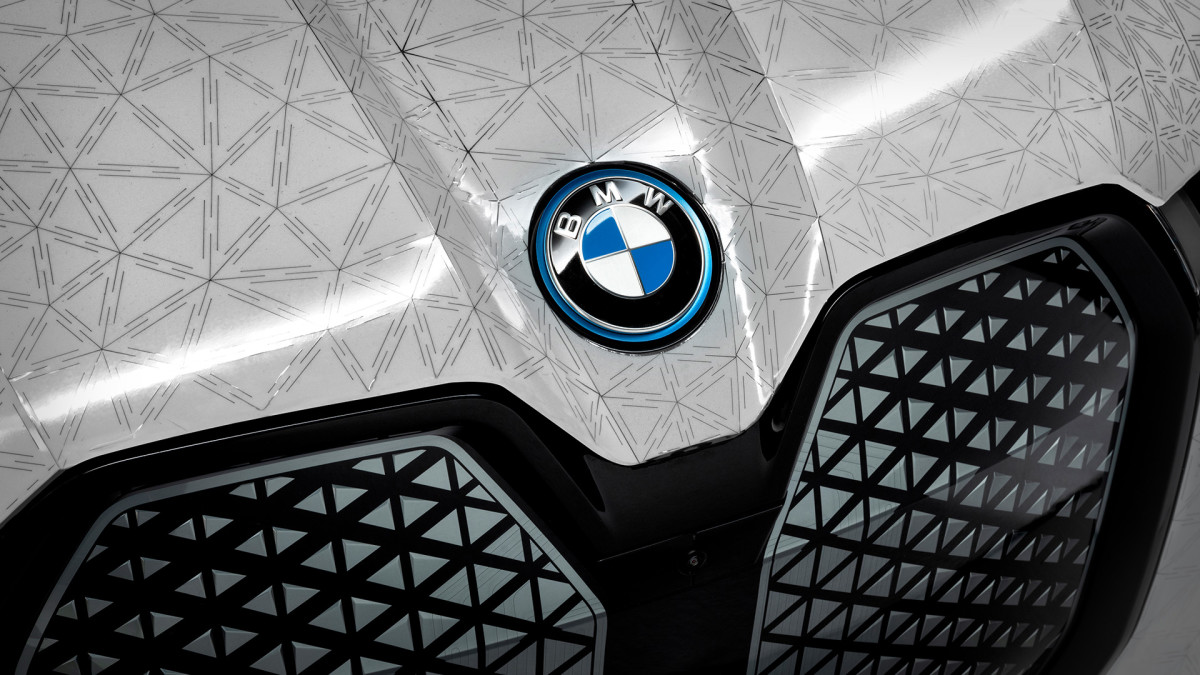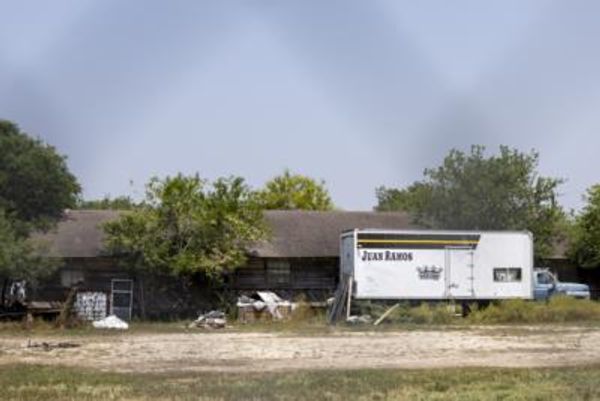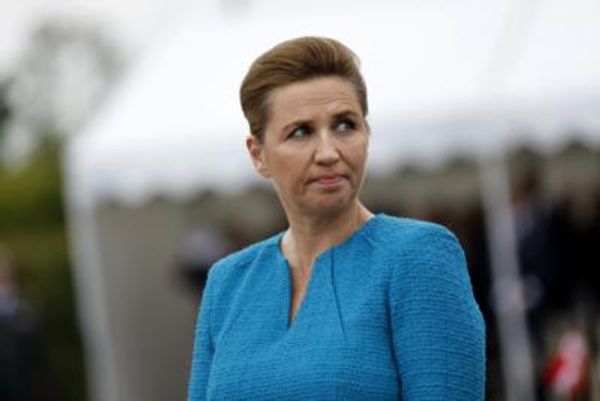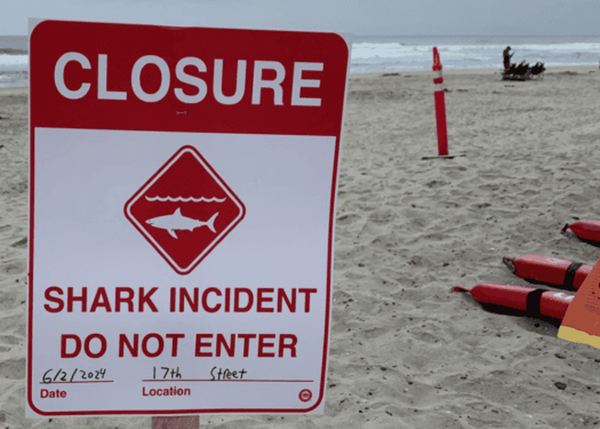
In the early years of the 20th Century, BMW (BMWYY) -) was forced to shift gears.
Under the Treaty of Versailles, which ended the First World War, the German company had to stop making aircraft engines. To remain in business, BMW began producing small industrial engines.
DON'T MISS: Marvell shares higher as chipmaker linked to Google AI investment drive; Broadcom Slides
BMW started making motorcycles for other companies in 1921 and two years later it released its own motorcycles under the BMW Motorrad brand.
In 1937, German motorcycle and racecar driver Ernst Henne recorded a top speed of 279.5 km/h--that's 173.7 mph--on a BMW 500 Kompressor racing motorcycle, setting a world record that stood for 14 years.
Then came World War II, and the division of Germany and, after receiving permission from U.S. authorities, BMW had to start making motorcycles again from scratch, as all the plans and blueprints were in East Germany.
Now, a century after rolling out its first motorcycles, BMW Motorrad posted its best sales results in the company's history, as it delivered 202,895 motorcycles and scooters handed over to customers, up 4.4% increase from last year.
Electrification worked its way into the mix along the way, with BMW producing the BMW C Evolution urban electric scooter in 2014.
Stop Sale Notice
In 2017, BMW Motorrad unveiled the Concept Link, which would eventually go into production as the CE 04, replacing the C Evolution.
The BMW CE 04 is the company’s only electric model currently for sale in North America--and it looks like it's going to be the only BMW motorcycle available in these parts for at least the forceable future.
BMW of North America has issued a “stop sale” notice for all of its new and used internal combustion engine motorcycles.
"Following a recent quality analysis, BMW is pursuing measures to further evaluate the material used in a component of its motorcycle evaporative system, which may not have been produced to material specifications," the company said in a statement.
As a result, the company said "BMW of North America is issuing a temporary, voluntary stop sale for all new and pre-owned BMW motorcycle models in dealer inventory, except for the CE 04."
BMW stressed that the temporary stop sale is not safety related and owners may continue to ride their motorcycles as normal. And since the CE 04 is electric, there's no need to worry about emissions.
The publication BMW Owners News suggested that "BMW discovered a problem that affects multiple generations of motorcycles, and right now they themselves are not 100% sure exactly which bikes are affected."
BMW did not immediately respond to a request for comment.
In 2018, BMW recalled 12,000 of diesel cars for a software update, following reports it had admitted to authorities they released more harmful emissions on the road than in the lab.
VW and 'Dieselgate'
Volkswagen (VLKAF) -) was embroiled in an emissions scandal known as "Dieselgate" in 2015.
In June a Munich court has handed former Audi CEO Rupert Stadler a suspended jail sentence of one year and nine months for fraud, CNN reported. He was also fined $1.2 million, which will go to the German government and charities,
Audi and its parent company Volkswagen admitted to having rigged diesel engines to cheat on emissions tests by using software that made cars appear less polluting in tests than they in fact were on the road.
The International Energy Agency said that increasing fuel efficiency standards is important as even in the group's Net Zero Emissions by 2050 Scenario, nearly 80% of cars and vans on the road in 2030 will still be powered by internal combustion engines
Sales of heavier, less efficient SUVs reached around 46% of global sales in 2022, while electric vehicles were just 14% of sales.
"More and more countries are formulating vehicle efficiency standards and some are even putting in place zero-emission vehicle sales requirements," the agency said.
To be in line with the IEA's Net Zero Emissions by 2050 Scenario, all car and van sales will need to be zero-emission by with 2035, the groups said.
- Get exclusive access to portfolio managers and their proven investing strategies with Real Money Pro. Get started now.







